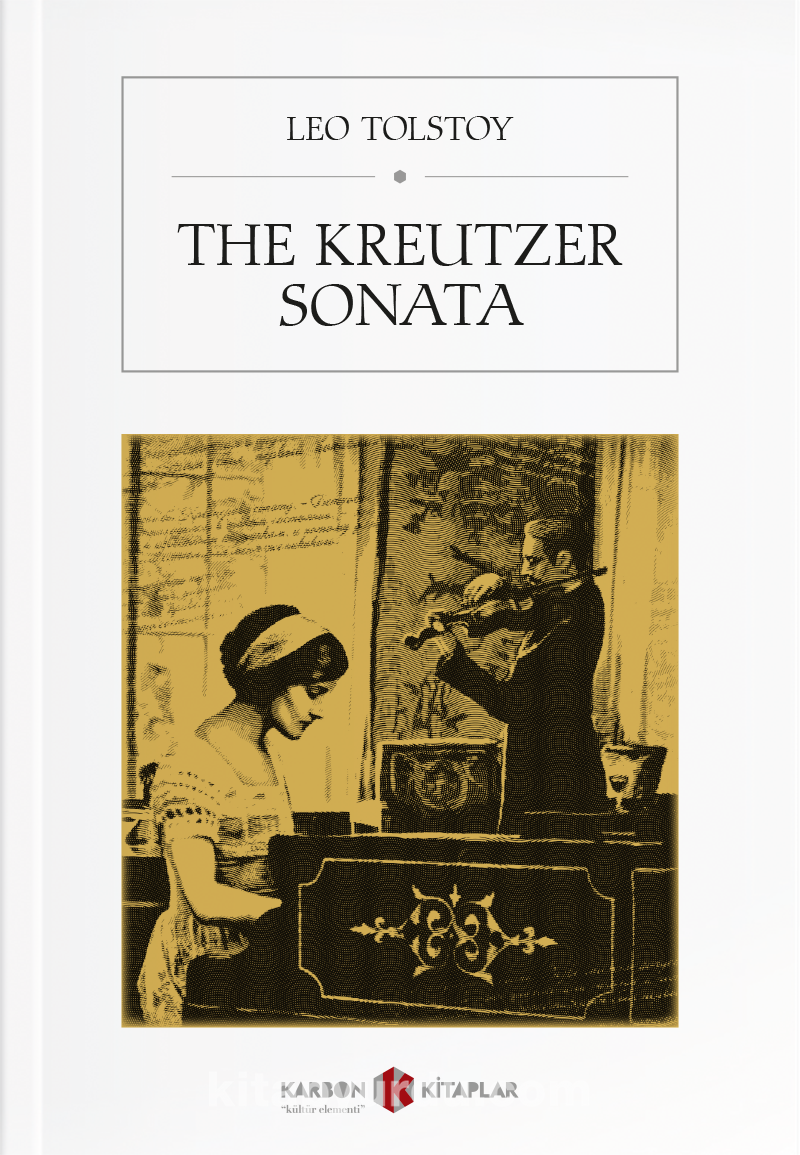Novella Analysis for - The Kreutzer Sonata written by Tolstoy
76

"The Kreutzer Sonata" is a novella written by Leo Tolstoy, first published in 1889. The novella explores themes of love, jealousy, and the destructive power of passion. Here's an analysis of key aspects of "The Kreutzer Sonata":
1) Narrative Structure:
- The novella is presented as the confession of the main character, Pozdnyshev, who recounts the events leading up to a violent crime.
- The narrative structure allows Tolstoy to provide deep insights into Pozdnyshev's psychology and the events that unfolded.

2) Passion and Jealousy:
- The central theme revolves around the destructive effects of unchecked passion and jealousy.
- Pozdnyshev's intense jealousy and suspicion lead to tragic consequences, highlighting the potential dangers of unrestrained emotions.

3) Music as a Metaphor:
- The title refers to Beethoven's "Kreutzer Sonata," a piece of music that becomes a metaphor for the intensity and destructiveness of the characters' relationships.
- The music serves as a powerful symbol of the sensuality and turmoil in Pozdnyshev's life.
4) Critique of Marriage and Sexuality:
- Tolstoy uses the novella to critique societal norms surrounding marriage, sexuality, and the role of women.
- Pozdnyshev expresses disdain for the institution of marriage and societal expectations related to sexual relationships.

5) Religious and Moral Themes:
- Tolstoy infuses the novella with his moral and religious philosophy. Pozdnyshev's perspective is shaped by a strict interpretation of Christian teachings.
- The novella explores the tension between worldly desires and spiritual ideals, questioning the morality of certain human behaviors.

6) Philosophical Reflections:
- As with many of Tolstoy's works, "The Kreutzer Sonata" includes philosophical reflections and digressions.
- Pozdnyshev's monologue allows Tolstoy to delve into broader questions about the nature of love, the purpose of life, and the consequences of living in a society that conflicts with one's moral principles.

7) Isolation and Alienation:
- Pozdnyshev's character experiences a profound sense of isolation and alienation, both from his wife and society at large.
- The novella explores the psychological toll of societal expectations and the impact of loneliness on an individual's mental state.

8) Critique of Carnal Desires:
- The novella criticizes the destructive consequences of giving in to carnal desires without restraint.
- Pozdnyshev's disdain for physical intimacy and his belief in celibacy reflect Tolstoy's own evolving views on sexuality and its place in a moral life.

9) Fate and Free Will:
- "The Kreutzer Sonata" touches on the interplay between fate and free will, with Pozdnyshev grappling with the idea that certain events may be predetermined.
- This theme adds complexity to the exploration of personal responsibility and the consequences of one's choices.
"The Kreutzer Sonata" is a thought-provoking work that delves into the darker aspects of human nature, examining the destructive potential of unbridled passion and the consequences of societal norms. Tolstoy's philosophical reflections and the intense psychological portrayal of Pozdnyshev contribute to the novella's enduring impact.
I recommend you to listen ''The Kreutzer Sonata'' audiobook for those who don't have time to read;
The Kreutzer Sonata - Audiobook;
References;
- Shepley, John (1999). "Sonata". Salmagundi (121/122): 192–199. JSTOR 40549117.
- Wyman, Alina (2015). "Discourse and intercourse in The Kreutzer Sonata". Christianity and Literature. 64 (2): 147–170. doi:10.1177/0148333114567266. JSTOR 26194816.
- "Saint against the Lion. John of Kronstadt and Leo Tolstoy: A Story of the feud - Basinski, P. V. - 978-5-17-077185-1 - Art. Culture - Books - Olymp Handels GMBH".
- Колмаков Б. И (2011). "Личность и творчество Л. Н. Толстого в публикациях газеты «Волжский вестник» (90-е годы XIX века)". <> (Ученые записки Казанского университета. Серия Гуманитарные науки ed.). 153 (2): 110. ISSN 2541-7738. Archived from the original on 2018-12-21.
- "Count Tolstoi Not Obscene", The New York Times, September 25, 1890
Thank you for reading and please give me a feedback!
You can complete great comment tasks at here. #thekreutzersonata #leotolstoy #novella #bookreview #audiobook #culture #reading #writer












































